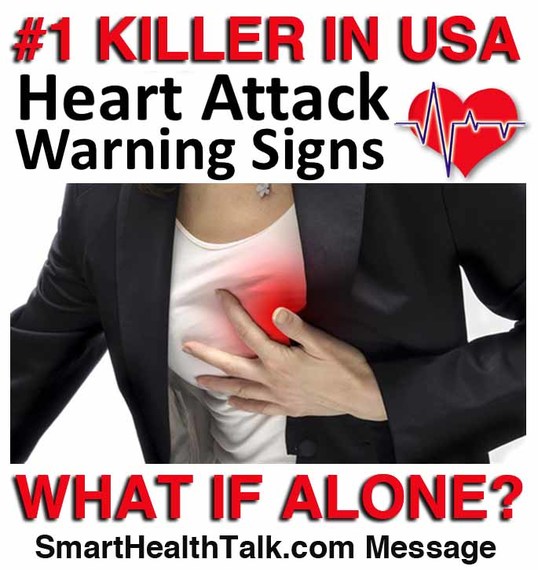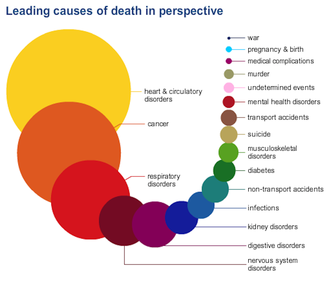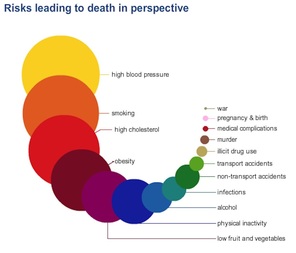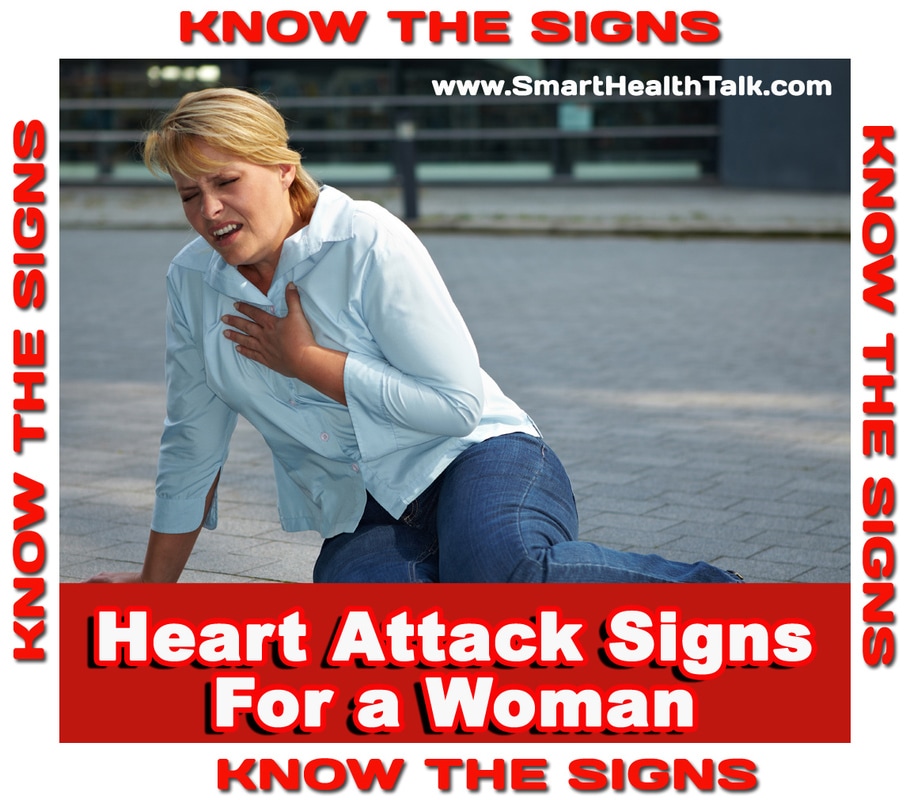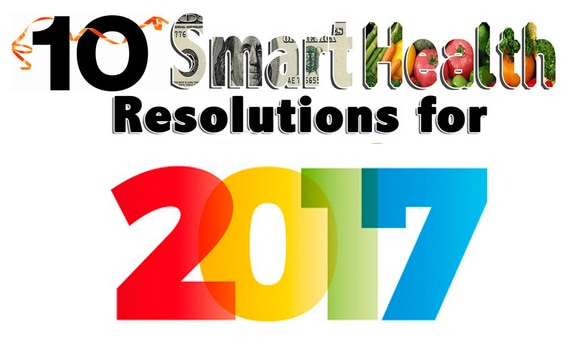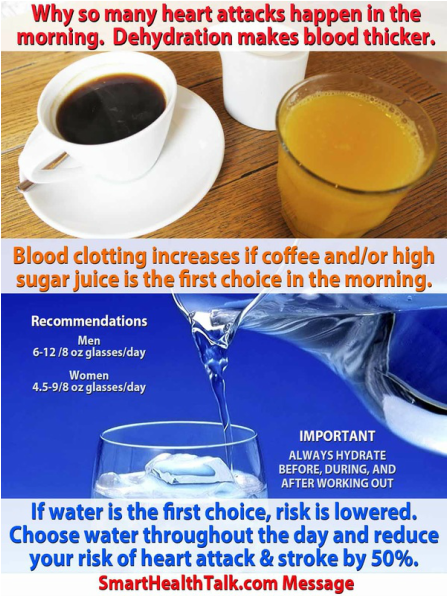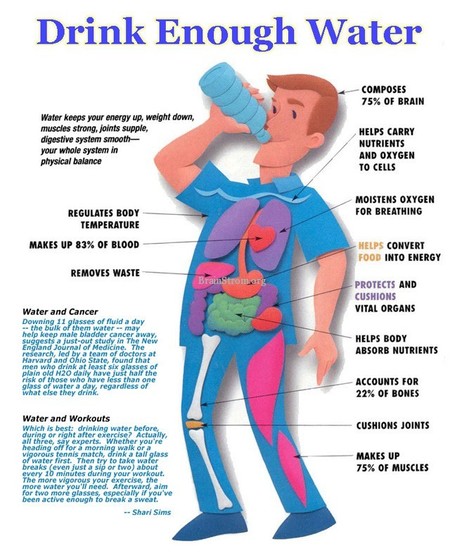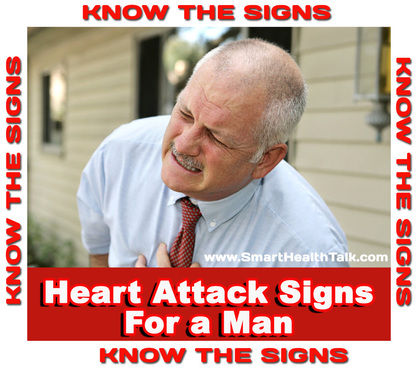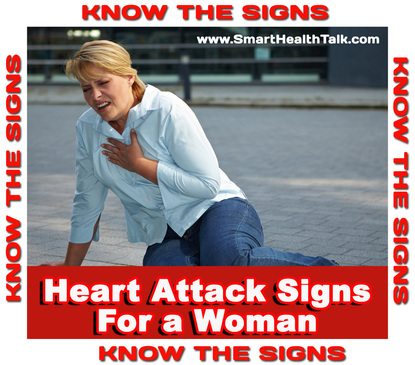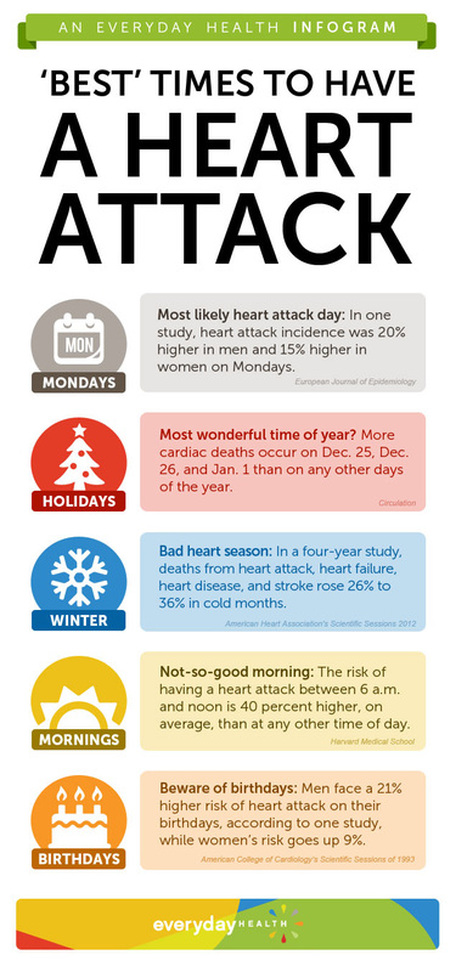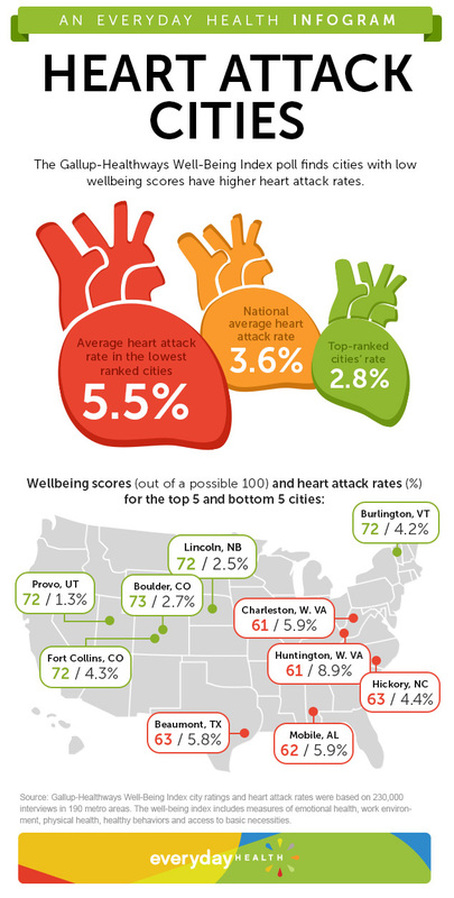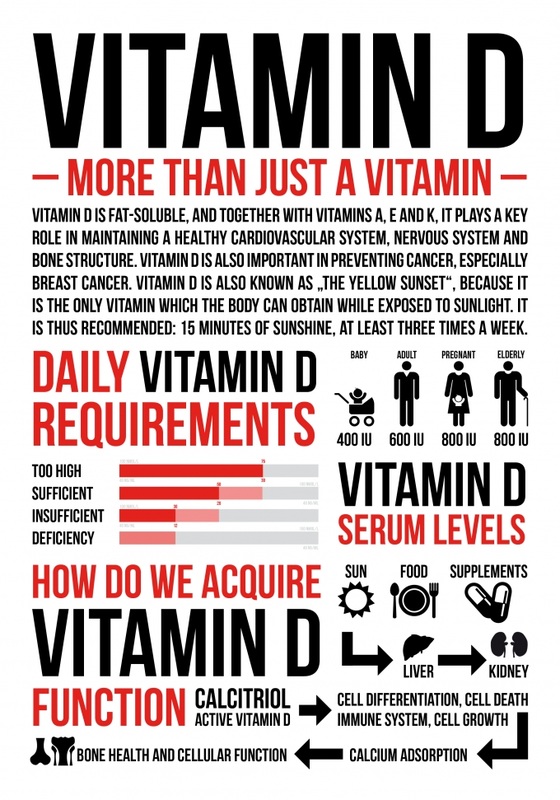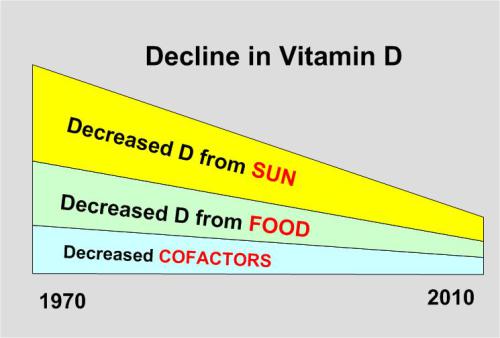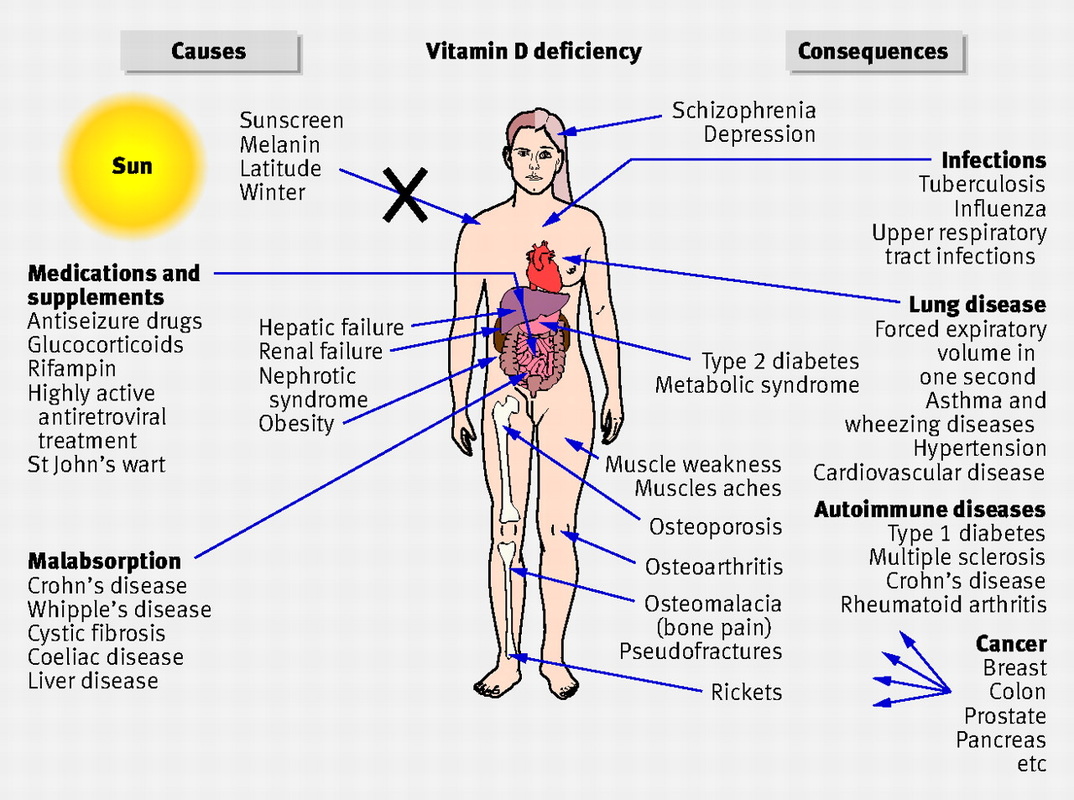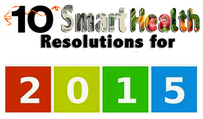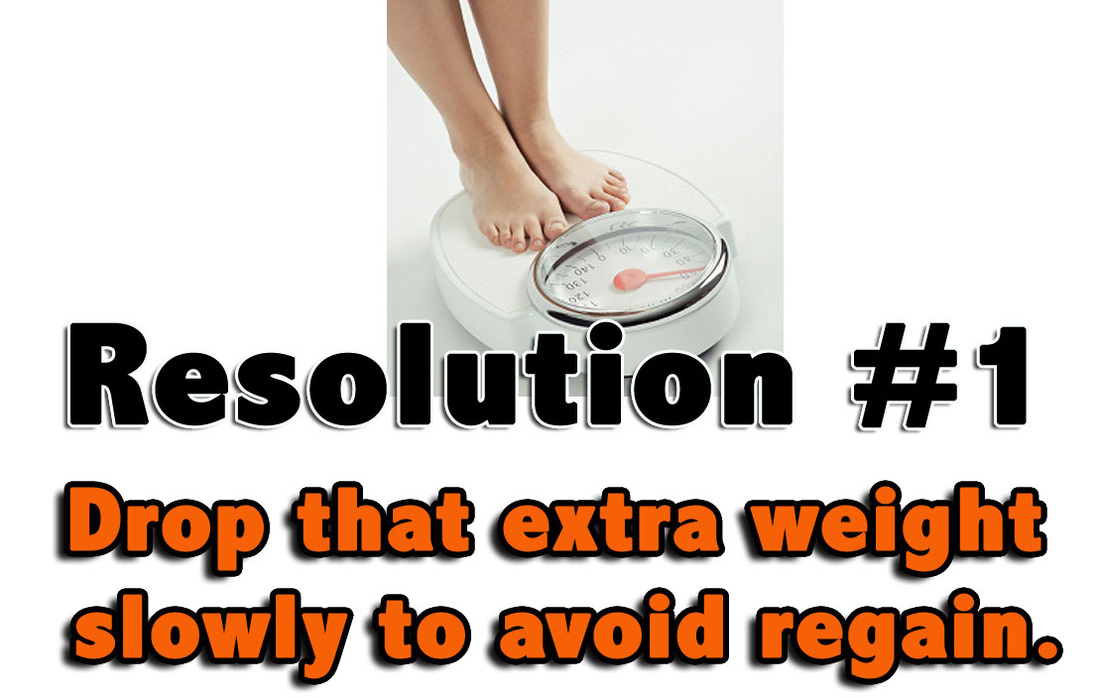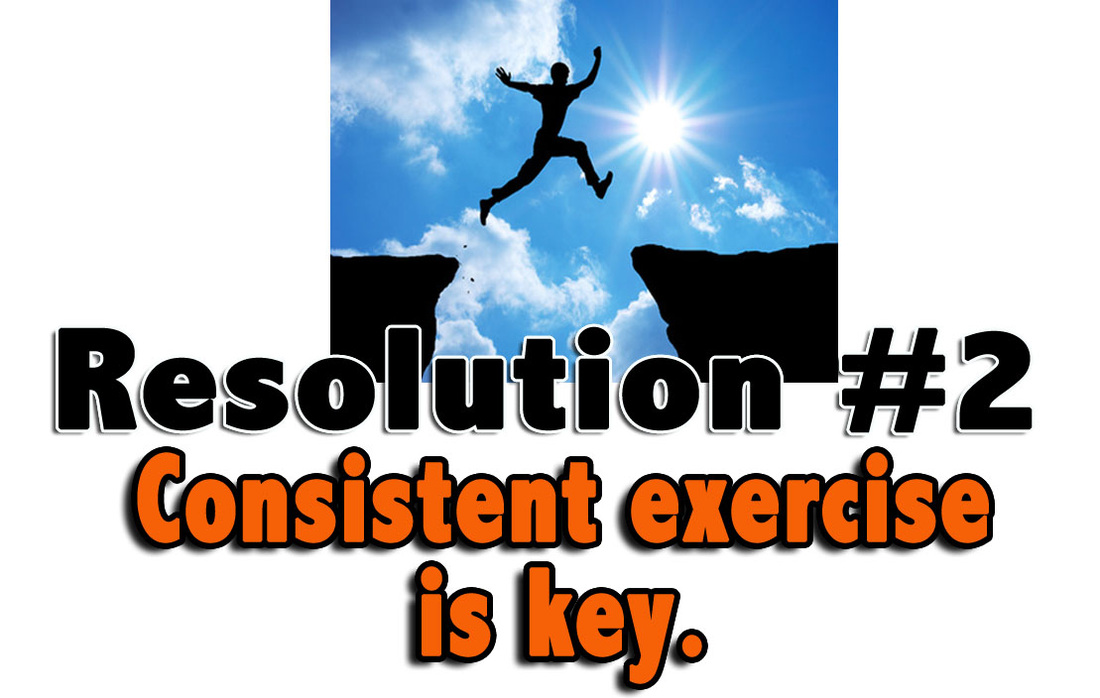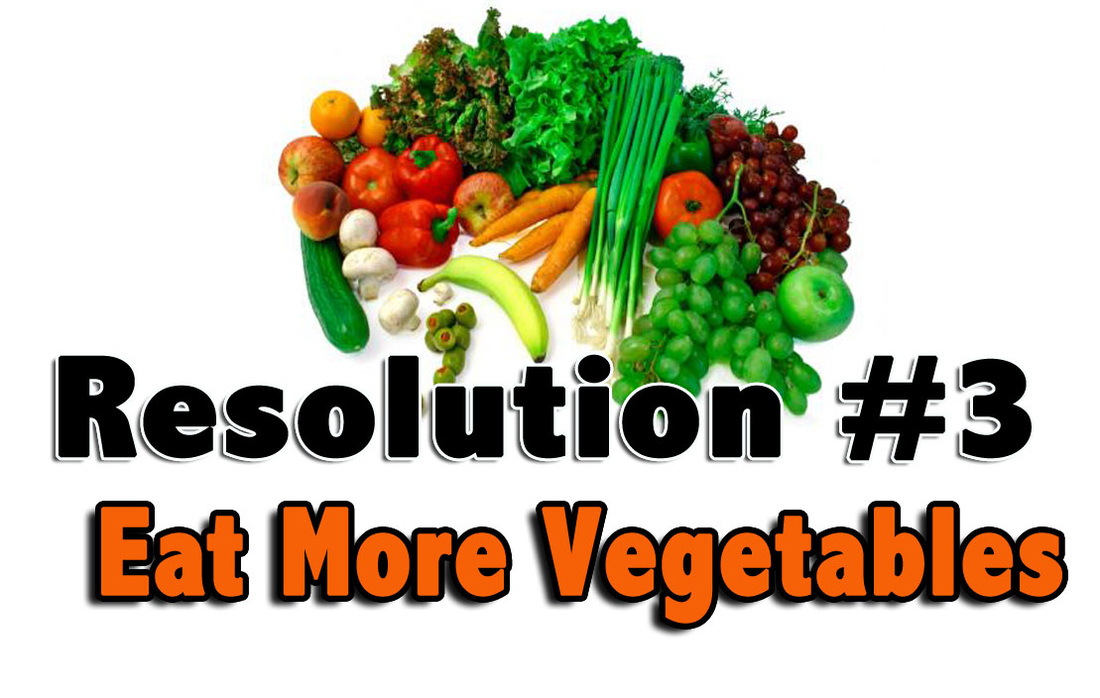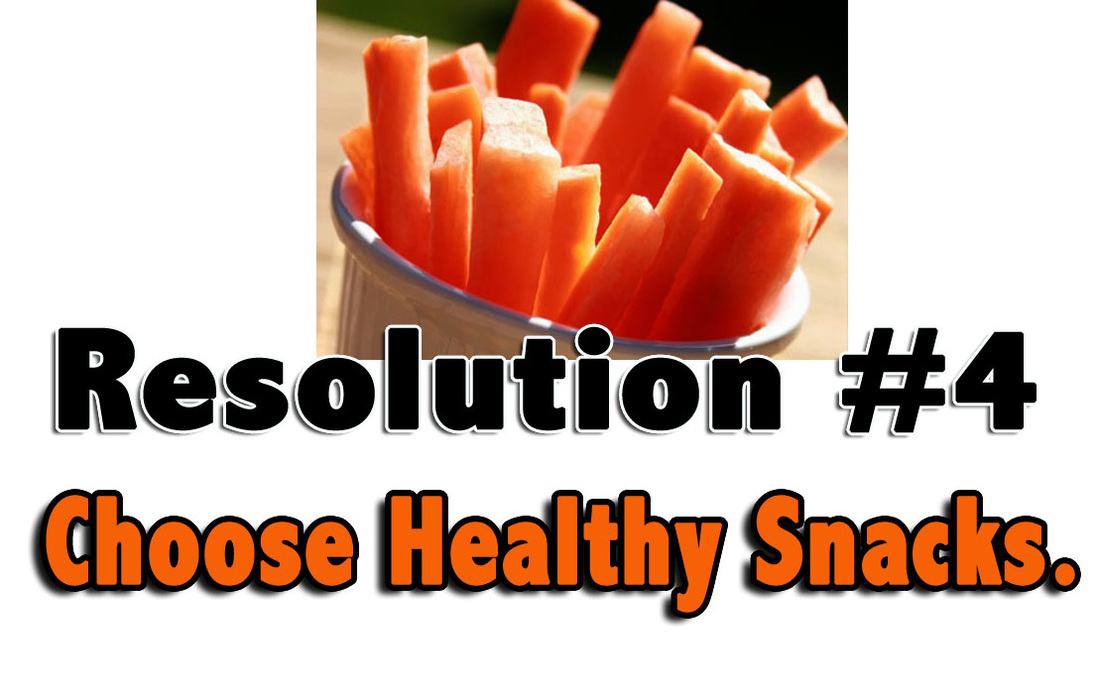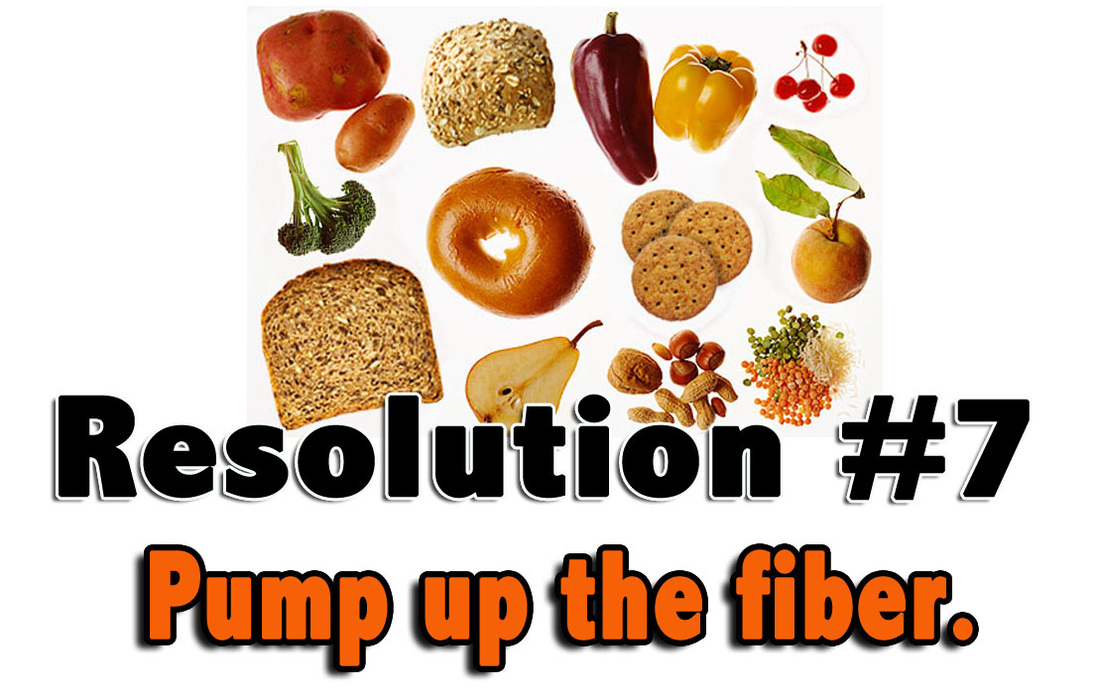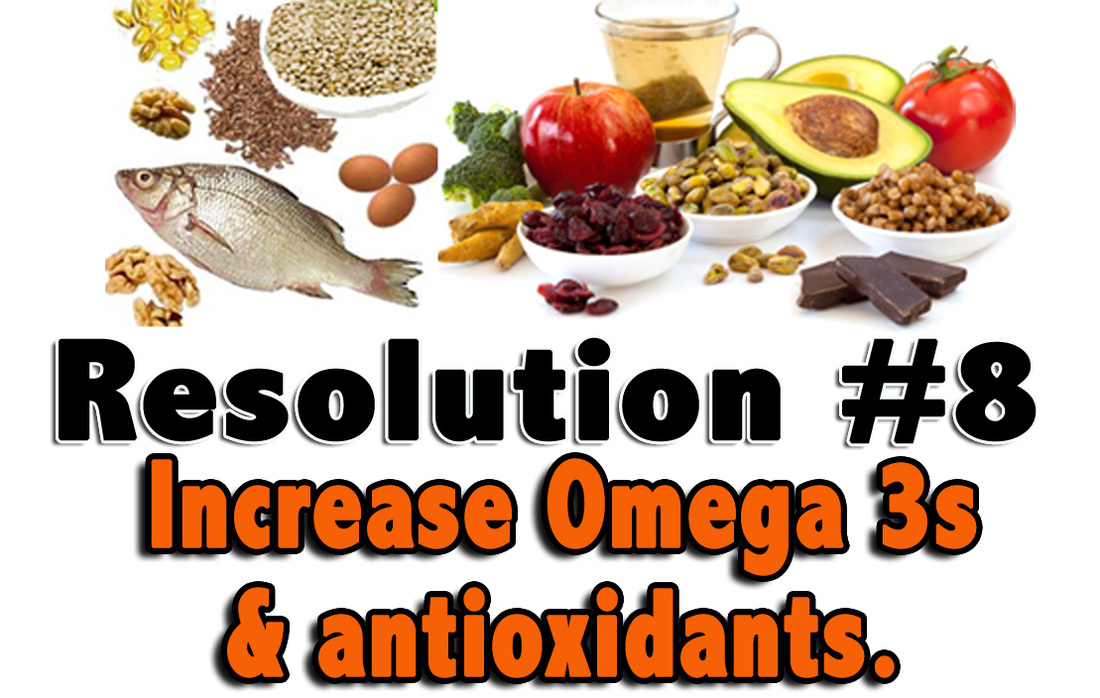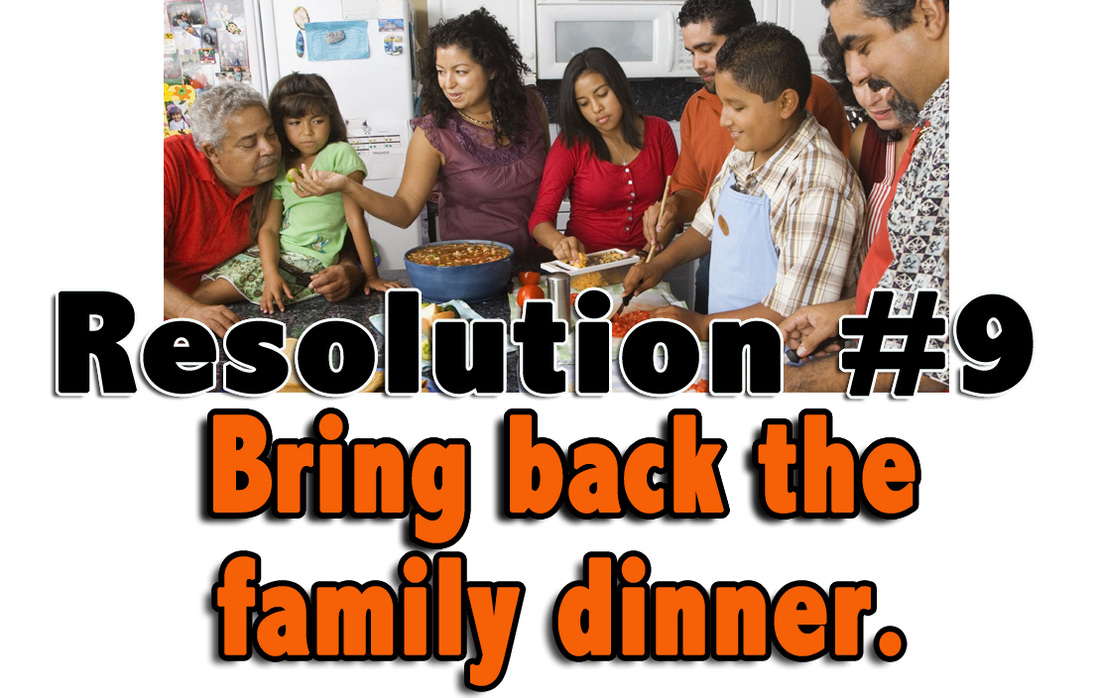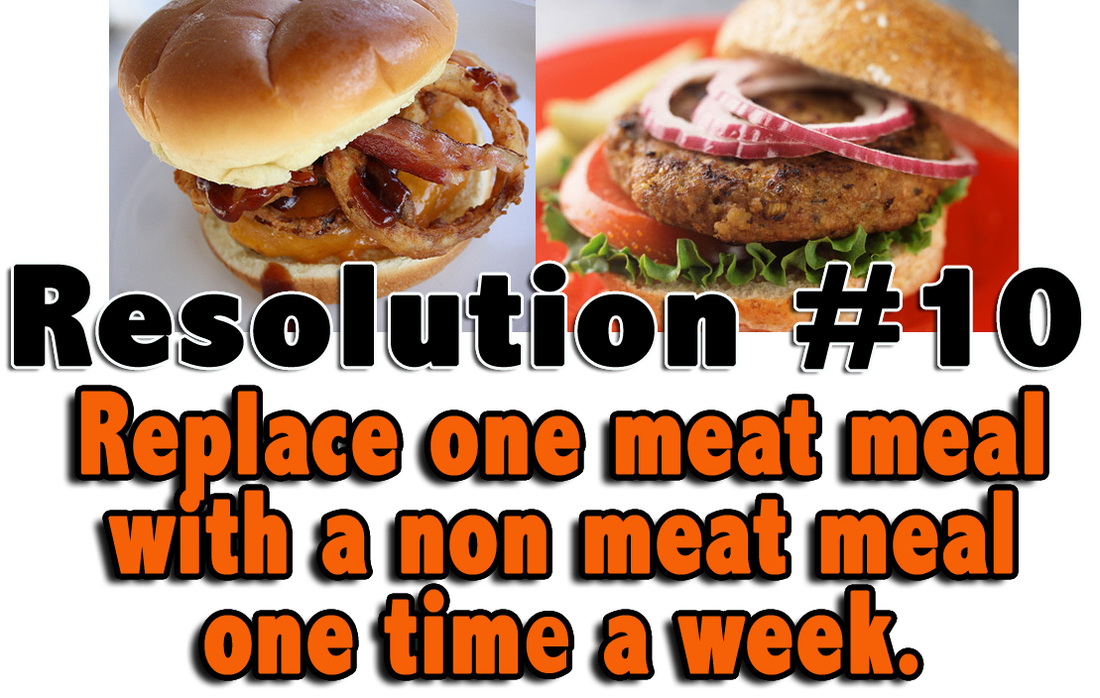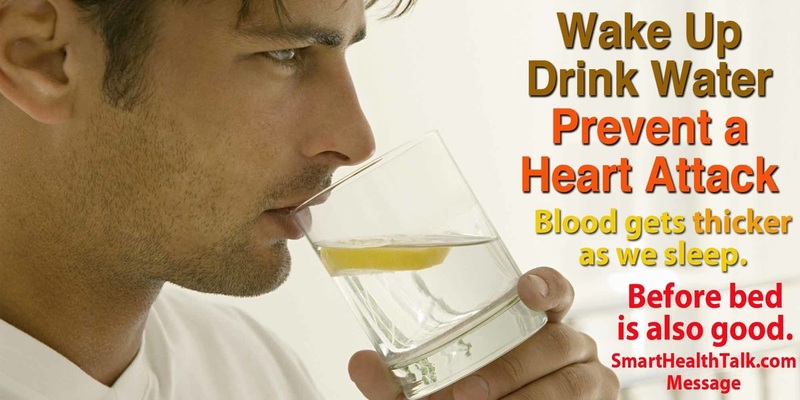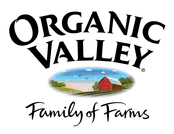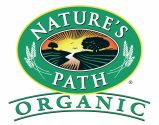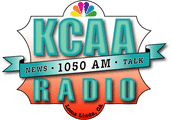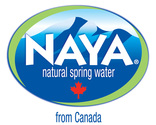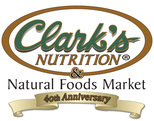|
|
|
|
Over 100 suggestions on how to get started taking your health and your body back to the best it can be. Choose just one and work on it for a month. In a year you'll have learned 12 new healthy behaviors that could save your life.
|
Surviving a Heart AttackMany heart attacks are survivable if you take action in a timely manner and not ignore symptoms. Know your risk by getting a medical evaluation. Be prepared with a plan on what to do. Taking emergency training and make sure those closest to you also know what to do in case of a heart attack.
The information below is far from everything you need to know, but will help point you in the right direction. Be prepared
|
Pure water's ability to protect us from a heart attack or stroke by as much as 50% comes from the research, "Water, Other Fluids, and Fatal Coronary Heart Disease The Adventist Health Study." Published in the Journal of Epidemiology. To read the full research click here. The research found that all beverages are not created equally due to higher osmolality, such as from sugar, and the ability to pull water from the blood into the intestinal track making the blood thicker and more viscous therefore increasing risk for a heart attack or stroke.
Many heart attacks involve discomfort in the center of the chest that lasts more than a few minutes or that goes away and comes back. It can feel like uncomfortable pressure, squeezing, fullness, or stabbing pain.
NOT ALL HEART ATTACKS ARE PRECEDED BY CHEST PAIN
|
Heart attack symptoms include the following:
|
Warning signs can be different for women:
|
More Tips To Prevent Dying From #1 Killer:
- The best way to survive a heart attack is not to have one in the first place! Make sure you lead a healthy lifestyle. Eat healthily, get sufficient exercise and avoid smoking at all costs. If you are getting old, consider talking to your doctor about taking a very minute amount of aspirin on a regular basis. This may help reduce the likelihood of a heart attack occurring.
- It's always a good idea to keep yourself prepared for a heart attack even if you yourself have no heart issues. A single (80 mg) aspirin can mean the difference between life and death for many people and an aspirin takes up very little space in your wallet or purse. Also make sure to carry a medical card on you that states your allergies, current medications and any health issues you may have.
- Occasionally heart attacks are not accompanied by any symptoms at all. These can still be harmful or deadly, however, especially since you don't get much warning.
- Try and keep calm and cool. Use a wet cloth or some sort of cold compress on your groin or under the armpits to cool your body temperature. It has been shown that lowering body temperature even slightly increases survival rate in many cases.
- If you are present when someone suffers a heart attack, call emergency services immediately. In addition, it's a good idea for everyone to know how to treat a heart attack.
- Keep an emergency contact name and number with your medical card.
- Be especially vigilant if you are in a high-risk group, for example if you are elderly, obese, have uncontrolled diabetes, have high cholesterol, are a smoker or if you drink heavily, or if you have a history of heart disease. Talk to your doctor today about ways to reduce your risk of heart attack.
VITAMIN D AND HEART HEALTH
|
|
|
|
|
